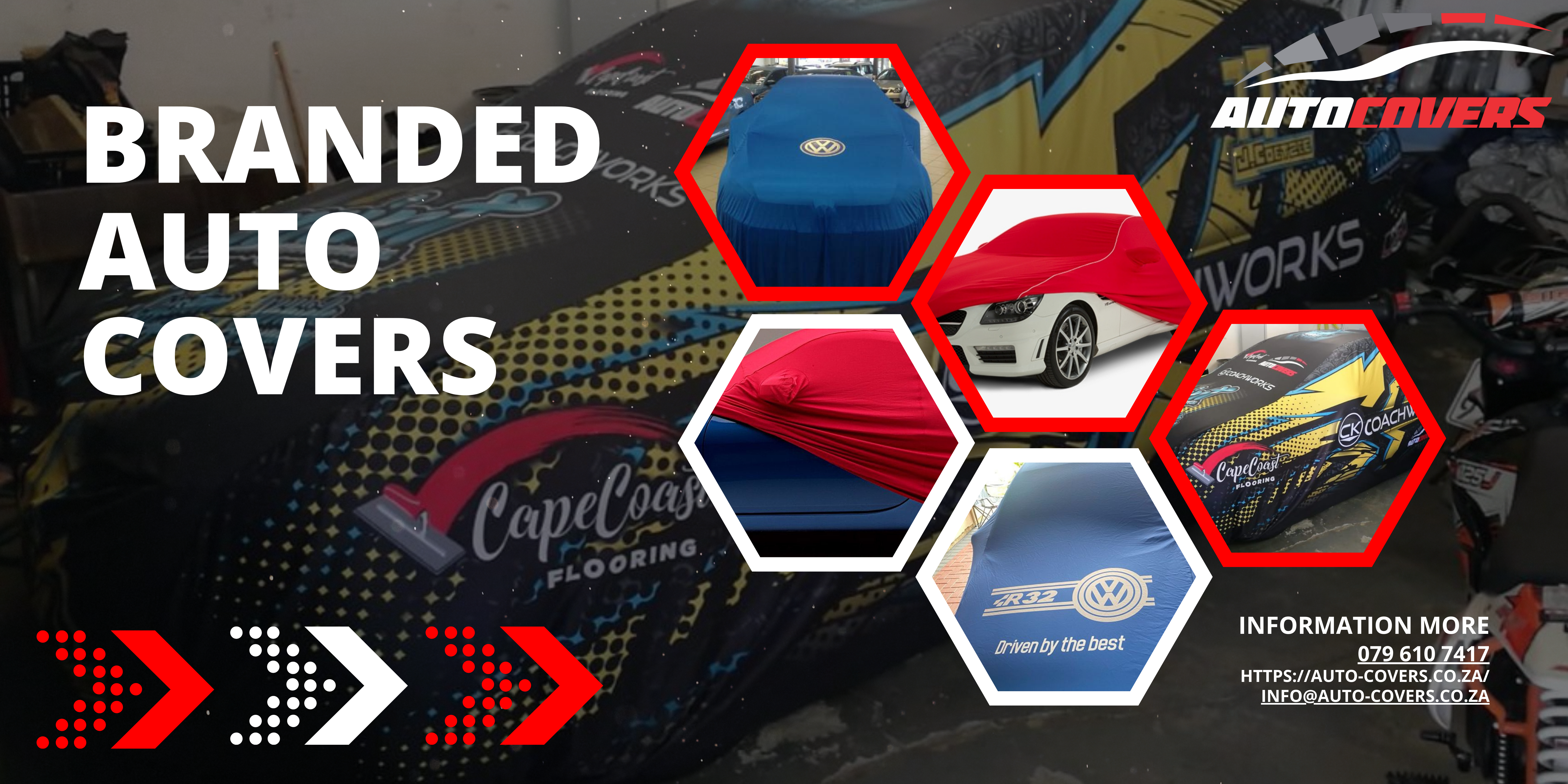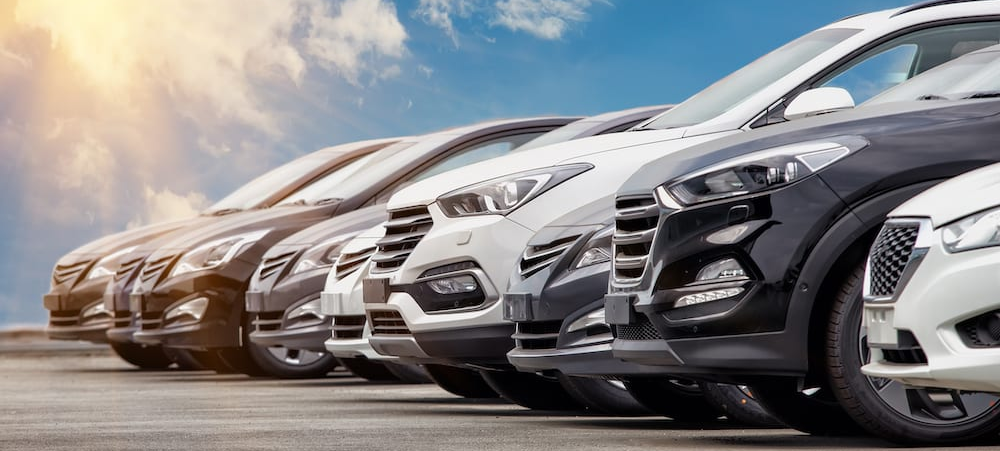When it comes to purchasing a car, one of the critical factors many South African buyers consider is the resale value. A car’s ability to retain its value over time is influenced by various factors, such as brand reputation, model popularity, age, mileage, condition, and demand. In this comprehensive blog post, we will delve into which car brands have a strong reputation for retaining their value in the South African market and which ones tend to depreciate faster. Additionally, we’ll explore the role of bakkies, like the Toyota Hilux and the Ford Ranger, in maintaining their value better than regular cars. As you read through, remember that if you’re curious about your car’s value, you can conveniently get an estimate from We Buy Wheels. When it comes to protecting your vehicle from the elements, investing in a high-quality auto cover is essential. Explore our catalog.
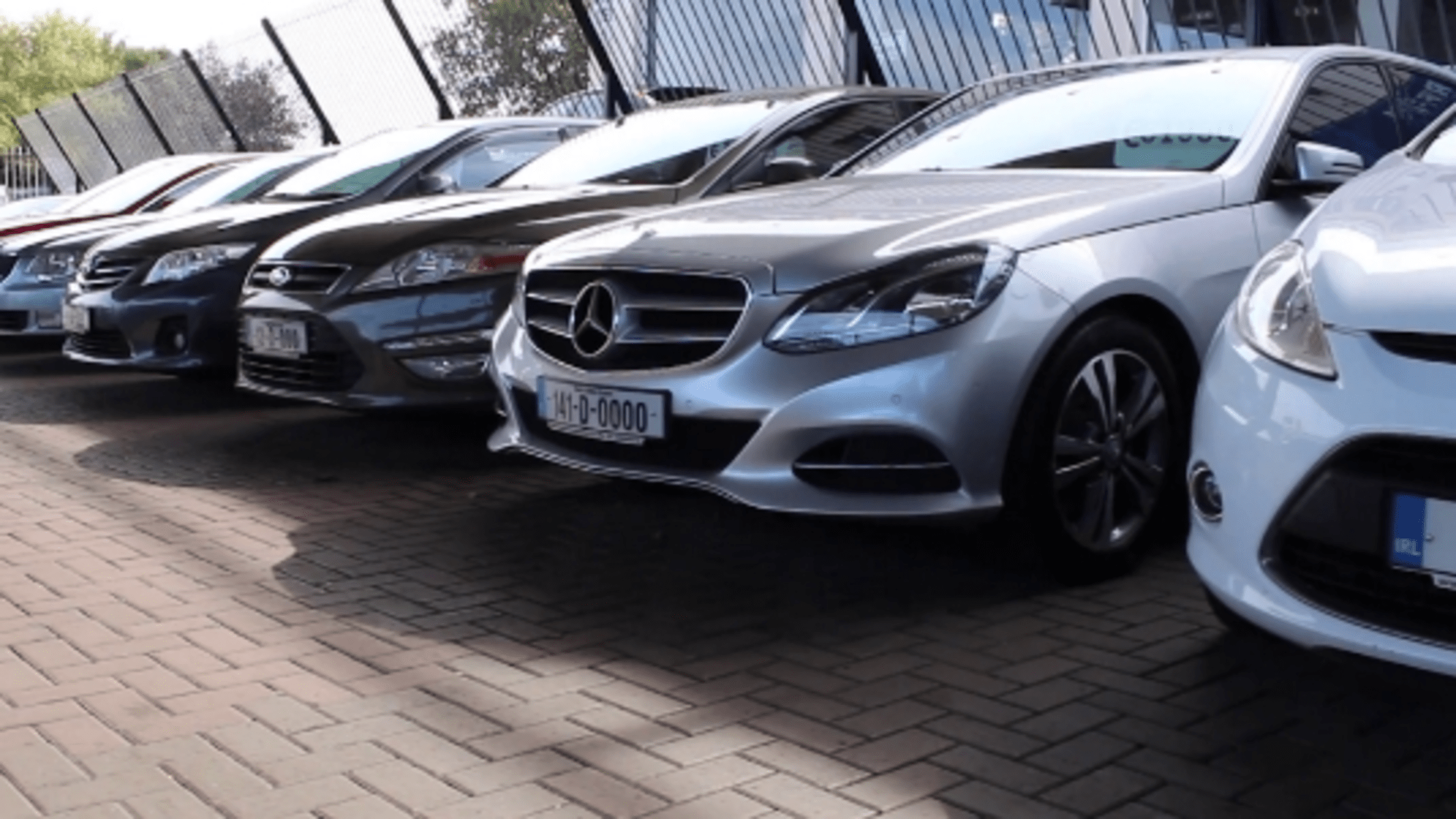
Brands That Keep Their Value Best in the Second-Hand South African Car Market
When it comes to purchasing a second-hand vehicle in South Africa, some brands have distinguished themselves by their ability to retain value exceptionally well. These brands not only offer reliable and enduring cars but also have successfully captured the preferences and trust of South African buyers, making them standout choices in the thriving pre-owned car market. Let’s delve deeper into these brands and explore additional mentions of cars that have demonstrated impressive value retention.
Volkswagen: Reliability and Versatility
Volkswagen, a German automotive giant, has consistently demonstrated its popularity and reliability within the South African market. Its diverse lineup of models, including the likes of the Polo, Polo Vivo, Golf, and Tiguan, effectively caters to a wide spectrum of preferences and financial considerations. Notably, the Polo has emerged as a veritable champion, firmly establishing itself as one of the most sought-after cars in South Africa, largely due to its outstanding resale value. Over a three-year period, the Polo manages to maintain an astonishing 75% of its original value, showcasing the brand’s commitment to quality and customer satisfaction. The Golf, another stalwart from the Volkswagen stable, mirrors this trend by retaining an impressive 68% of its original value over the same span.
Toyota: A Legacy of Endurance
Toyota, renowned globally for its reputation of durability and resilience, has garnered a devoted following among South African car buyers. Offering a diversified range of models such as the Etios, Corolla, Fortuner, and the iconic Hilux, Toyota successfully caters to both urban commuters and off-road adventurers. The Etios, a compact car known for its reliability and practicality, remarkably maintains its value by holding onto 74% of its original worth after a three-year ownership period. The Hilux, a cornerstone of the South African bakkie market, is celebrated for its robustness, adaptability, and notably higher resale value. The Hilux, along with other bakkie models, excels in maintaining its value due to its suitability for tough tasks and challenging terrains, solidifying Toyota’s prominence in the market.
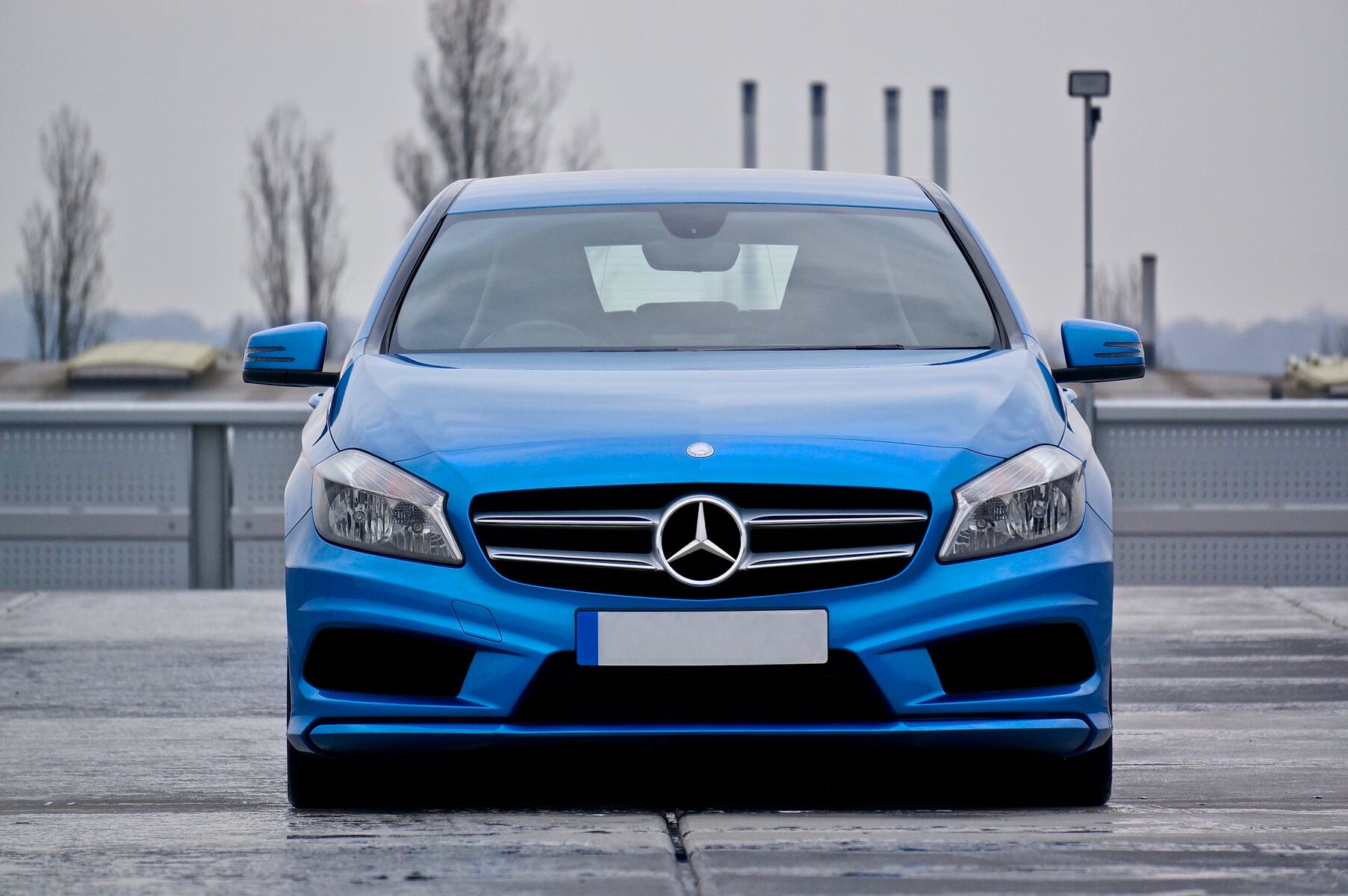
Mercedes-Benz: Luxury and Prestige Redefined
For those seeking luxury and prestige, Mercedes-Benz is a brand that consistently appeals to the South African market. Models such as the A-Class, C-Class, E-Class, and GLC blend elegance, performance, and advanced technology. The A-Class, characterized by its contemporary design and premium features, retains an impressive 72% of its original value after three years, a testament to the brand’s enduring appeal. Likewise, the C-Class, known for its sophistication and driving comfort, maintains around 66% of its original value over the same time frame. This underscores Mercedes-Benz’s commitment to delivering vehicles that not only provide a luxurious experience but also hold their value well in the ever-evolving market.
Other Mentionable Value-Retaining Brands
While Volkswagen, Toyota, and Mercedes-Benz stand out for their exceptional value retention, several other brands also merit mention for their ability to maintain value relatively well in the South African second-hand car market, consider checking out auto-covers for comprehensive car protection solutions.
Honda: Known for their reliability and efficient engineering, many Honda models, such as the Honda Civic and Honda Jazz, hold their value reasonably well due to their solid reputation for durability.
Ford: Certain Ford models, especially SUVs like the Ford EcoSport and Ford Everest, tend to maintain decent value, offering a balance between performance and utility.
Nissan: Nissan’s SUVs and bakkies, like the Nissan X-Trail and Nissan Navara, often demonstrate good value retention due to their practicality and robust design.
In conclusion, navigating the second-hand car market in South Africa requires an understanding of brands that consistently excel in maintaining their value. Volkswagen, Toyota, and Mercedes-Benz have established themselves as frontrunners in this regard, while other brands like Honda, Ford, and Nissan also offer valuable options. However, when considering a used car purchase, it’s important to factor in elements such as model popularity, maintenance history, and market trends to make an informed decision that aligns with your preferences and budget.
Brands That Keep Their Value Worst
When discussing the South African second-hand car market, it’s important to acknowledge that while some brands excel at retaining their value, others face difficulties in maintaining their resale worth. These brands often grapple with reputation issues, lower demand, and concerns about reliability, resulting in their vehicles experiencing more significant depreciation. Let’s explore some of these brands and models that struggle to hold their value well in the South African market.
Renault: Challenges in Value Retention
Renault, a French automaker, confronts challenges in the South African market that affect its ability to retain value effectively. Models like the Kwid, Clio, and Duster are known for their affordability and fuel efficiency, making them appealing options for budget-conscious buyers. However, these models struggle to maintain strong resale value due to perceptions of lower reliability and popularity. For instance, the Kwid manages to retain around 76% of its original value after three years, mainly benefiting from its low initial price. Nevertheless, its safety ratings and higher maintenance costs impact its overall desirability in the second-hand market.
Datsun: Recognition and Reputation Struggles
Datsun, a Japanese brand, faces challenges stemming from recognition and reputation issues in the South African context. Models like the Go, Go+, and Redi-Go prioritize affordability and simplicity, attracting buyers seeking budget-friendly options. The Go, which retains approximately 69% of its original value after three years, owes much of its retention to its low starting price. However, concerns about safety and perceived lower quality standards undermine its overall appeal, making it less competitive in the resale market.
Nissan: Reliability and Popularity Perceptions
Nissan, another Japanese brand, shares similarities with Renault and Datsun, struggling with perceptions of lower reliability and popularity in the South African market. Models like the Micra, Almera, and NP200 are known for their practicality and affordability, appealing to a wide range of buyers. However, the NP200, a popular bakkie choice, faces significant challenges in maintaining its value. After three years, it retains a mere 49% of its original worth. Safety concerns and lower quality standards are key contributors to its weaker performance in the resale market.
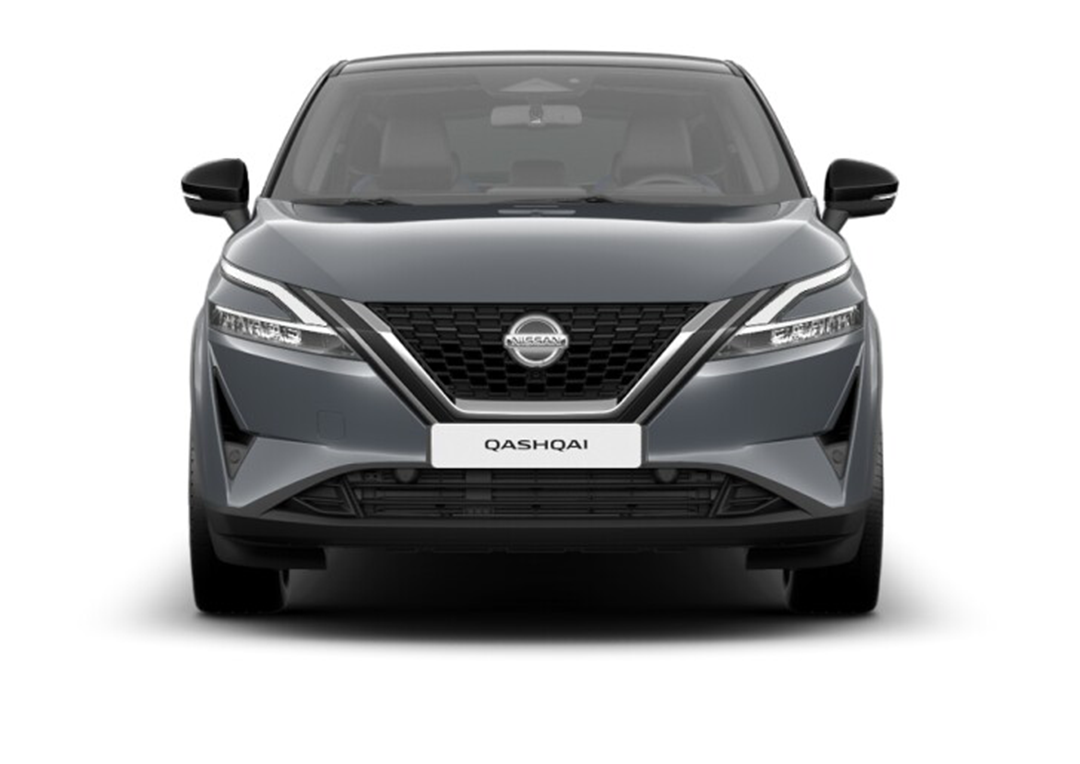
Other Mentionable Brands with Value Depreciation Challenges
In addition to Renault, Datsun, and Nissan, several other brands and models tend to struggle with value retention in the South African second-hand car market:
Fiat: Some Fiat models, like the Fiat Panda and Fiat Punto, often experience faster depreciation due to limited demand and concerns about parts availability.
Chevrolet: Certain Chevrolet models, since the brand’s exit from South Africa, may experience higher depreciation due to uncertainties regarding after-sales service and maintenance.
In Conclusion while some brands are successful in maintaining their value in the South African second-hand car market, others face challenges due to reputation issues, lower reliability perceptions, and safety concerns. Buyers considering these brands should be aware of potential depreciation rates and thoroughly evaluate factors such as maintenance costs, resale value, and overall reliability before making a purchase. It’s crucial to strike a balance between upfront affordability and long-term value retention to make an informed decision that aligns with individual preferences and needs.
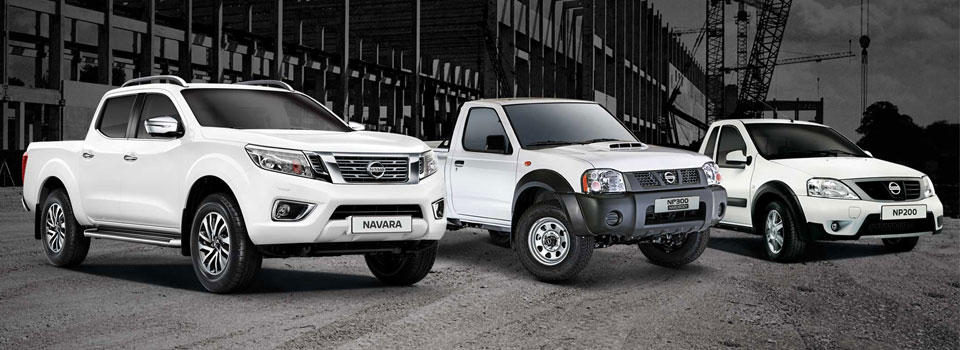
Exploring the Diverse Bakkie Landscape in South Africa
In the sprawling expanse of the South African automotive scene, there are two stalwarts that have left an indelible mark: the Toyota Hilux and Ford Ranger bakkies. However, these iconic workhorses share the limelight with other prominent players in the bakkie arena, all of which have contributed to shaping the way South Africans view these versatile vehicles. From bustling city streets to rugged rural landscapes, the bakkie market offers a range of options that cater to diverse needs and lifestyles.
Toyota Hilux: A Legend of Durability
The Toyota Hilux, often referred to as a paragon of resilience, has achieved legendary status beyond its physical features. Its reputation for being virtually “indestructible” has elevated it to the level of a symbol of dependability. The Hilux’s resilience isn’t merely a marketing narrative; it’s backed by real-world stories of the bakkie conquering extreme terrains, enduring harsh conditions, and emerging victorious. This trust forged through countless trials contributes significantly to its remarkable resale value.
Beyond its tough exterior, the Hilux has become synonymous with adaptability. It caters to farmers, adventurers, and workers alike, making it a staple on South African roads. Its universal appeal ensures a consistent demand, driving up its market value. The Hilux’s heritage of reliability, combined with its robust design and versatile nature, maintains its allure in a market brimming with options.
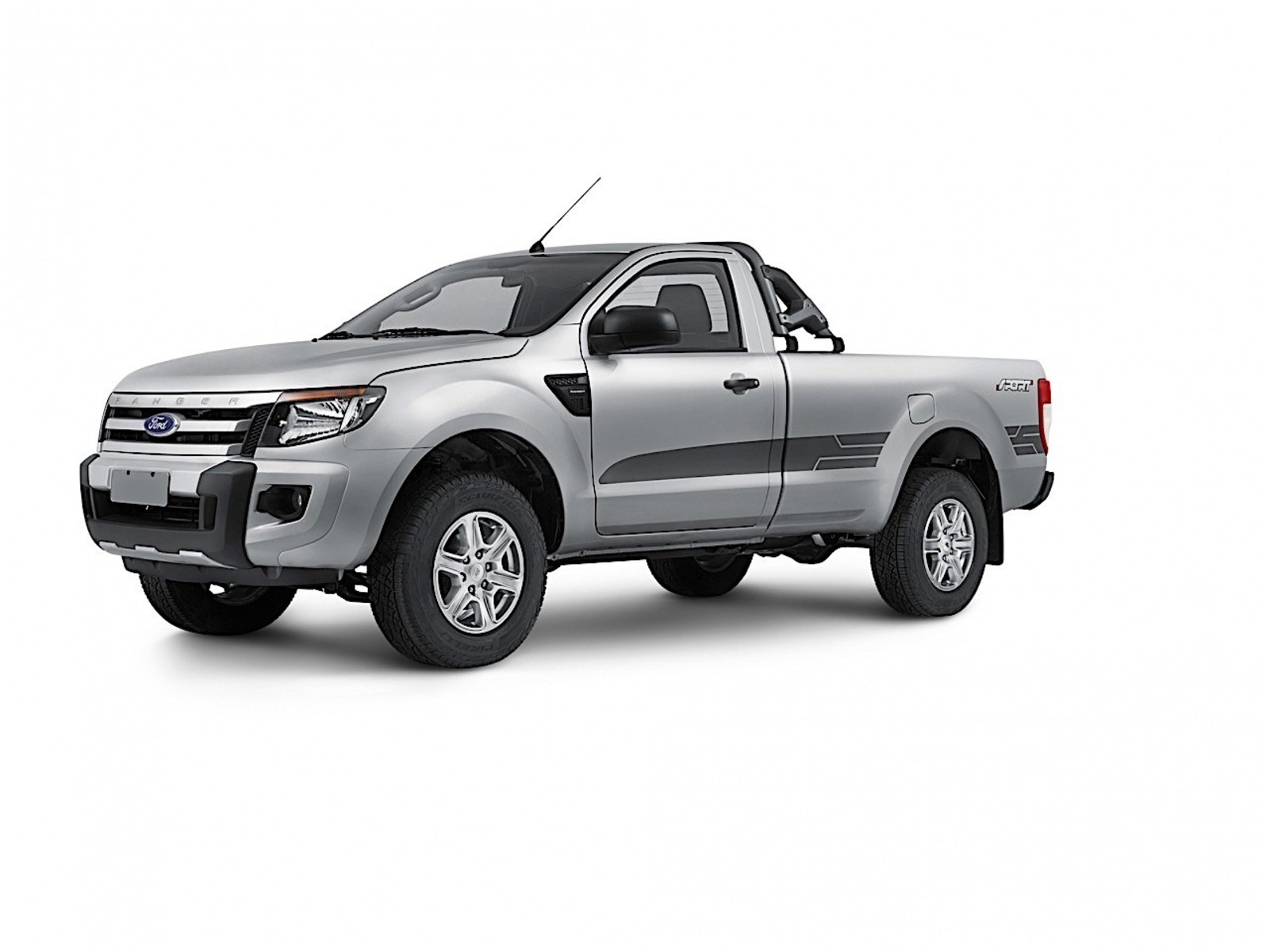
Ford Ranger: A Spirited Competitor
In the same league, the Ford Ranger stands as a spirited contender. While the Ranger might lack the “indestructible” reputation of the Hilux, it compensates with its modern features, refined interiors, and powerful performance. The Ranger has carved its niche among those seeking a balance between work and leisure. Its range of trims and engine options caters to a variety of preferences, appealing to urban dwellers and off-road enthusiasts alike. The Ranger, like the Hilux, enjoys a loyal fan base due to its capability and adaptability. It serves as a reliable companion for both business and pleasure, making it a go-to choice for those looking for a versatile vehicle that can seamlessly transition between roles. The Ranger’s market presence, while distinct from the Hilux, adds to the diverse landscape of bakkies in South Africa.
Expanding the Horizon: Other Notable Bakkies
While the Hilux and Ranger dominate the scene, they are not the sole contenders. The South African bakkie market boasts an array of other notable options, each with its unique characteristics and advantages. The Isuzu D-Max, for instance, offers a blend of durability and refinement, appealing to those seeking a balance between utility and comfort. The Nissan Navara, with its advanced technology and sophisticated design, caters to those who prioritize modernity. The Volkswagen Amarok, on the other hand, brings a touch of European elegance to the bakkie realm, making it a preferred choice for those who value aesthetics.
A Tapestry of Choices
In the vibrant tapestry of the South African bakkie market, the Toyota Hilux and Ford Ranger undoubtedly hold pivotal roles. Their legacy of reliability, adaptability, and iconic status is irreplaceable. However, they share the stage with a cast of other bakkies, each catering to a distinct set of preferences and needs. From legendary durability to modern features, the diverse range of bakkies available reflects the multifaceted nature of South African life. As time progresses, the bakkie landscape will continue to evolve, ensuring that there’s always a perfect match for every adventure and endeavor.
We Buy Wheels: Your Trusted Partner in Selling Your Car
Whether you’re driving a car or a bakkie, whether it’s brand new or slightly older, whether it’s in immaculate condition or needs a bit of TLC, We Buy Wheels is your go-to solution for selling your vehicle in South Africa. Their hassle-free online estimation process is designed to provide you with a fair and accurate value for your car. By visiting www.webuywheels.co.za, you can access a simple online form that helps you submit your vehicle details for evaluation. With We Buy Wheels, you can expect a transparent and efficient experience when it comes to selling your car.
In conclusion when considering a car purchase in South Africa, understanding the brands that retain their value well is crucial. Volkswagen, Toyota, and Mercedes-Benz have demonstrated their commitment to quality, reliability, and popularity, making them solid choices for buyers concerned about resale value. On the other hand, Renault, Datsun, and Nissan face challenges due to various factors affecting their appeal and perception in the market. Additionally, bakkies like the Toyota Hilux and Ford Ranger continue to dominate the South African automotive landscape, maintaining their value impressively due to their durability and versatility. If you’re curious about the value of your vehicle, We Buy Wheels stands as a reliable partner, offering a convenient and trustworthy platform to estimate and sell your car with ease.
